DJ Saoirse on Body Movements festival: ‘There’s an amazing sense of community created by these queer collectives’
Exclusive: The festival's co-founder discusses its mission to unite London’s queer clubbing subcultures, ahead of its 25 August event at Southwark Park
By Andy Leake
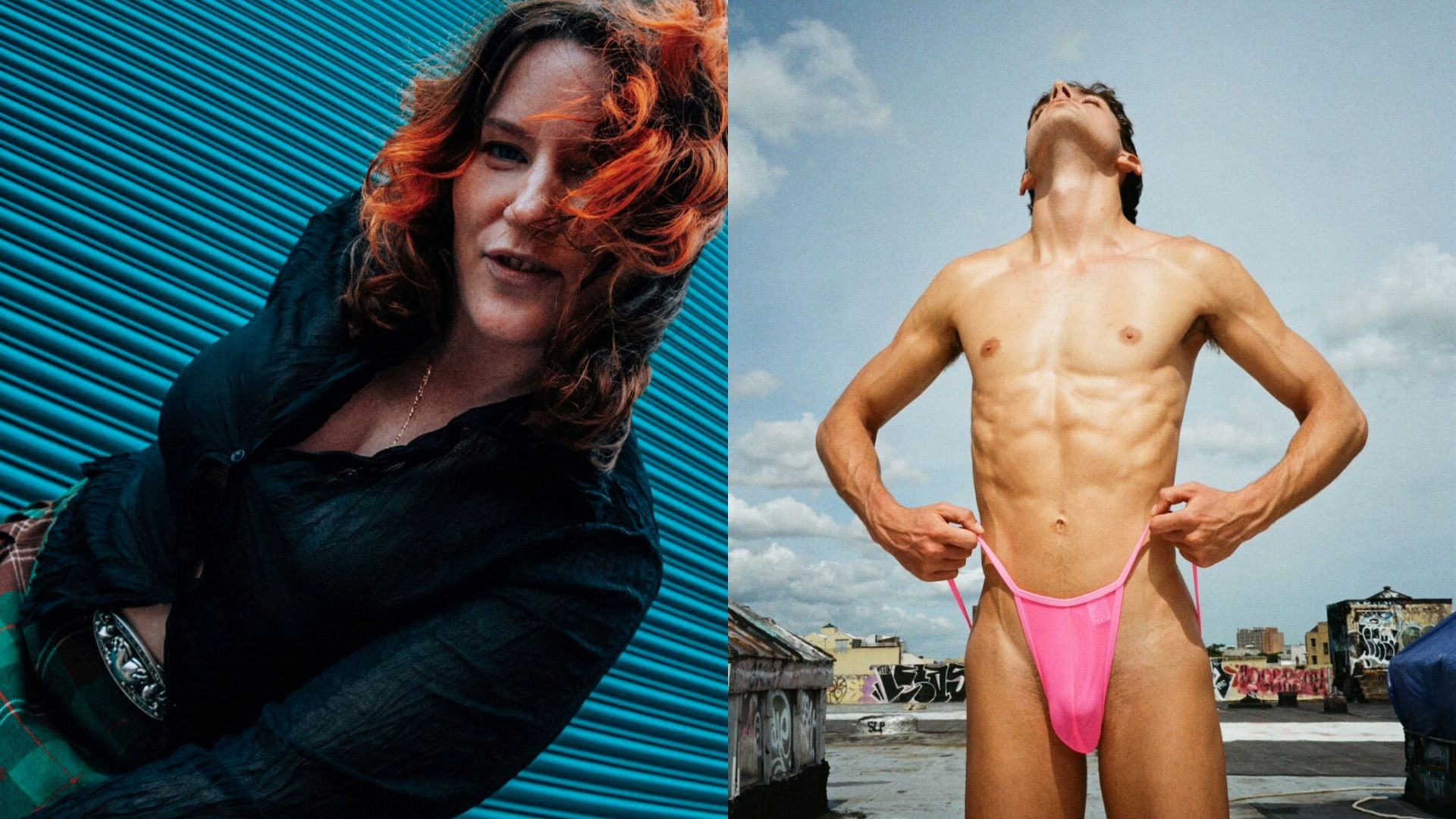
London is a city with an expansive queer community, offering events for a diverse range of subcultures. It is also vast, and some queer collectives can be harder to find and are only discovered through word of mouth. Those new to London, or without the necessary connections, might struggle to find the queer spaces they are searching for.
In response to this, London’s Body Movements festival aims to bring together multiple queer collectives that represent a range of subcultures, from the ballroom community championing queer people of colour to FLINT (female, lesbian, intersex, nonbinary, trans) groups. Set across numerous stages, it unites the community in one space, facilitating access for those who may be struggling to find kindred spirits and spaces that suit them.
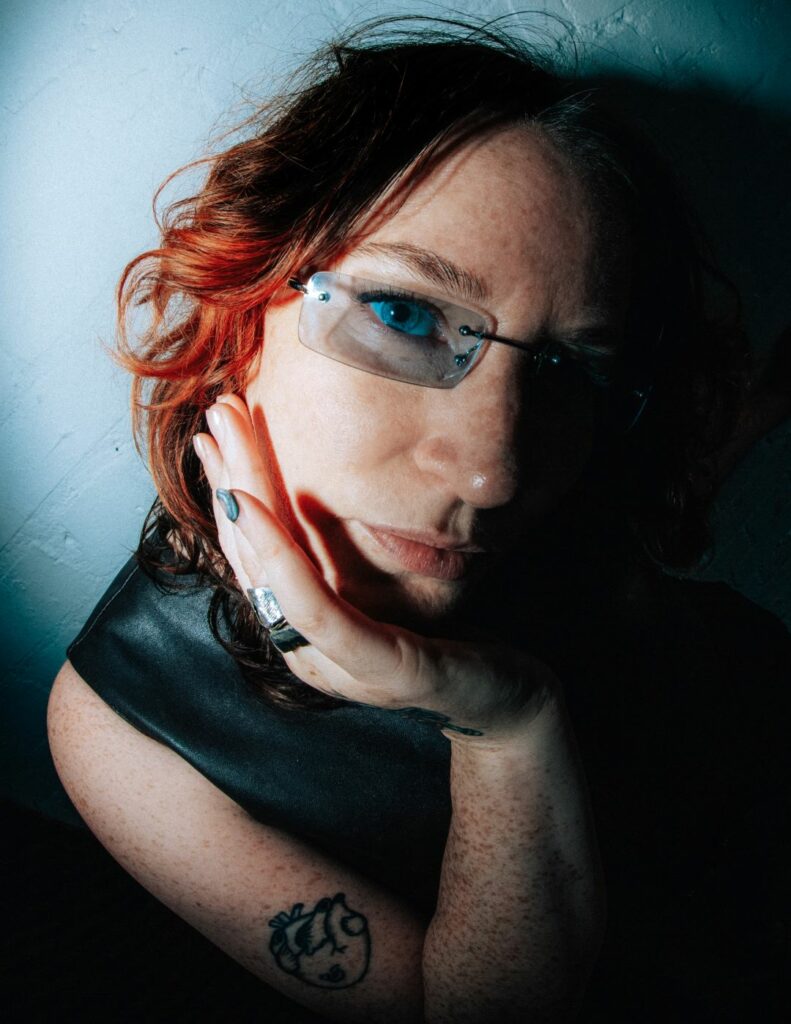
Someone who knows how important it is to feel a sense of belonging is Saoirse, the Irish-born DJ, music producer, label-runner and co-founder of Body Movements Festival. When we speak, she’s on the go, in between playing three shows across three countries in a week. “As far as queer spaces go, I didn’t really experience any until moving to London,” she says on the phone to me from the back of a taxi. “At that time, in my late teens, Ireland wasn’t the best place to be for that. It’s certainly different now, but I didn’t have any gay friends there growing up.”
“The motive behind the festival was that I’d seen real talent within the queer scene”
Moving to London opened the door to queer spaces. “I was going into Soho, like SheBar, all the usual lesbian spots and whatnot, you know, we’ve all done it,” chuckles Saoirse. She then played larger queer parties including Chapter 10, Adonis, and international shows. It was during this period that the seeds for Body Movements were sown. “The motive behind the festival was that I’d seen real talent within the queer scene. On top of that, there’s an amazing sense of community created by these queer collectives. They had some of the best parties I was playing at.
“I always wanted to bring everyone together — unite these different collectives and subcultures and create a giant, massive gay rave,” says Saoirse.
She was aware that queer collectives can sometimes be difficult for people to find. Relying on word of mouth can help curate intentional spaces, ensuring attendees that share the collective’s values. However, this can also restrict access for those that the space was initially created for, in that they might not be able to discover the events in the first place. Body Movements acts as a showcase where people can discover the collectives that represent their subculture.
“It’s a great space to meet the community”
Body Movements was created alongside Clayton Wright, who also runs club night Little Gay Brother. Their goal was to start a queer festival offering quality electronic music, believing that having dedicated queer festivals is important, in order to offer a space for queer people to feel included and visible and also to feel safer than at mainstream, bigger festivals.
“It’s a great space to meet the community,” says Saoirse. “I get a lot of great feedback from people who’ve met their best friends, partners, even fiancés, there.”
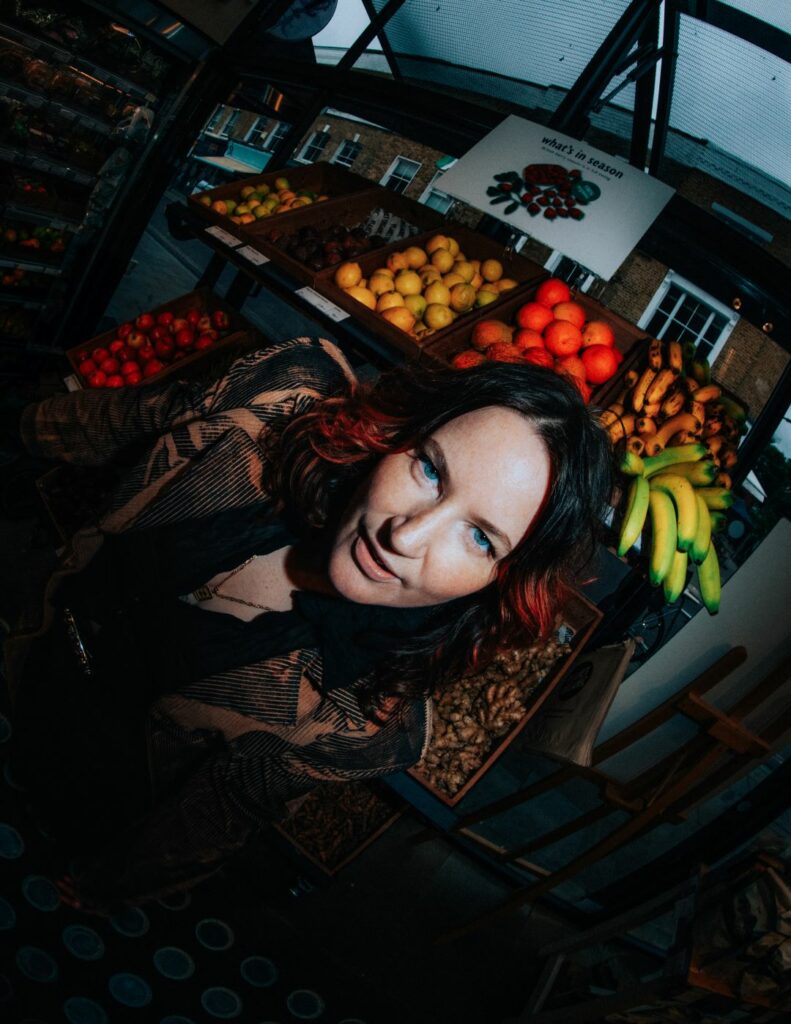
One of Body Movements’ core values is increased visibility, looking to represent as many queer clubbing subcultures as possible. Saoirse is aware that while they can’t do everything on the scale of major festivals, they can offer true variety. This diversity sets Body Movements aside from other queer festivals, she says. “A lot of events can have similar music or can be more commercialised. We try to be as inclusive as possible. There should be a flavour for everyone, unless, I don’t know, maybe not heavy metal,” she laughs.
This year’s edition will feature a collaboration between Body Movements and renowned international arts collective Queer Archive. In an attempt to create a new entry point for underrepresented artists from the queer community, the teams have selected 10 artists who will be showcasing their work across the festival on a larger-than-life scale.
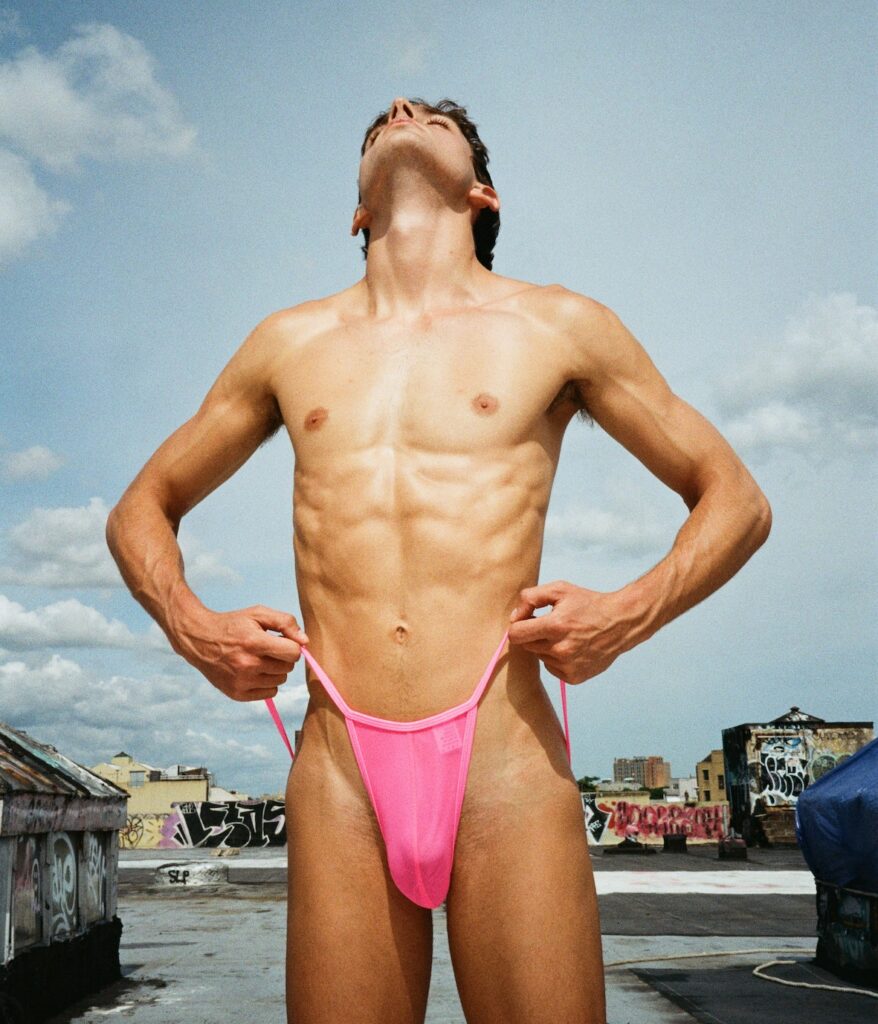
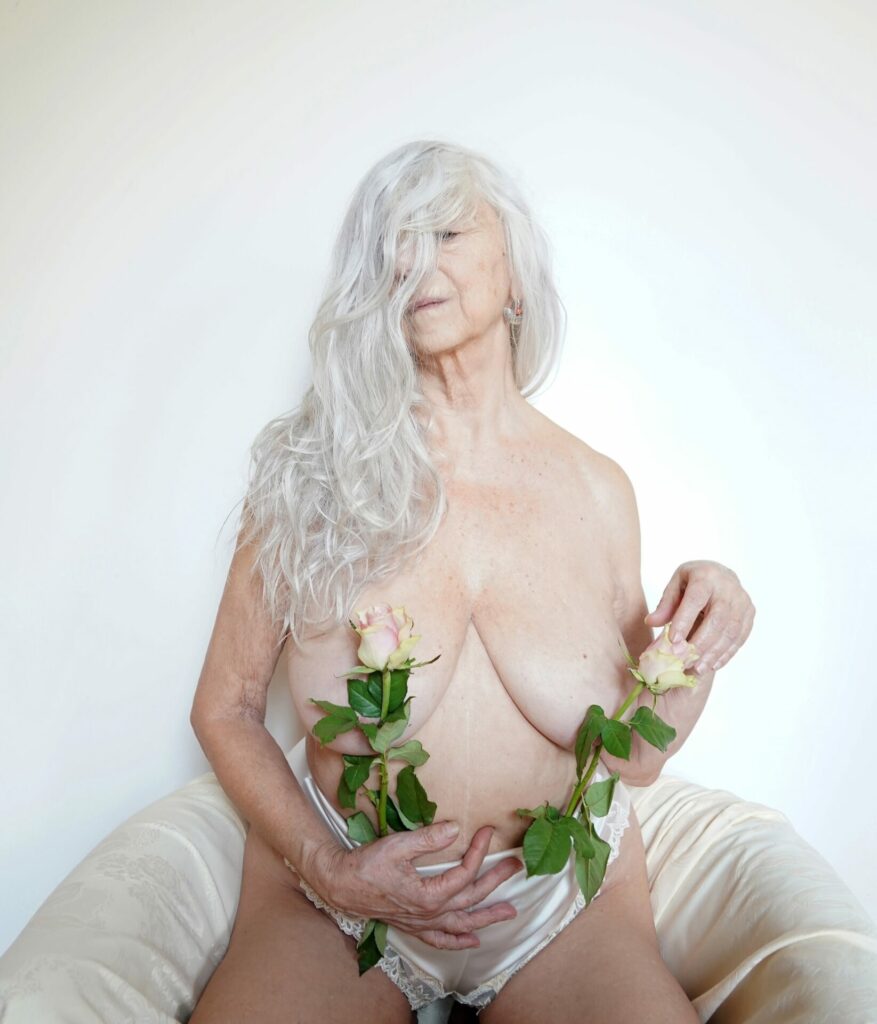
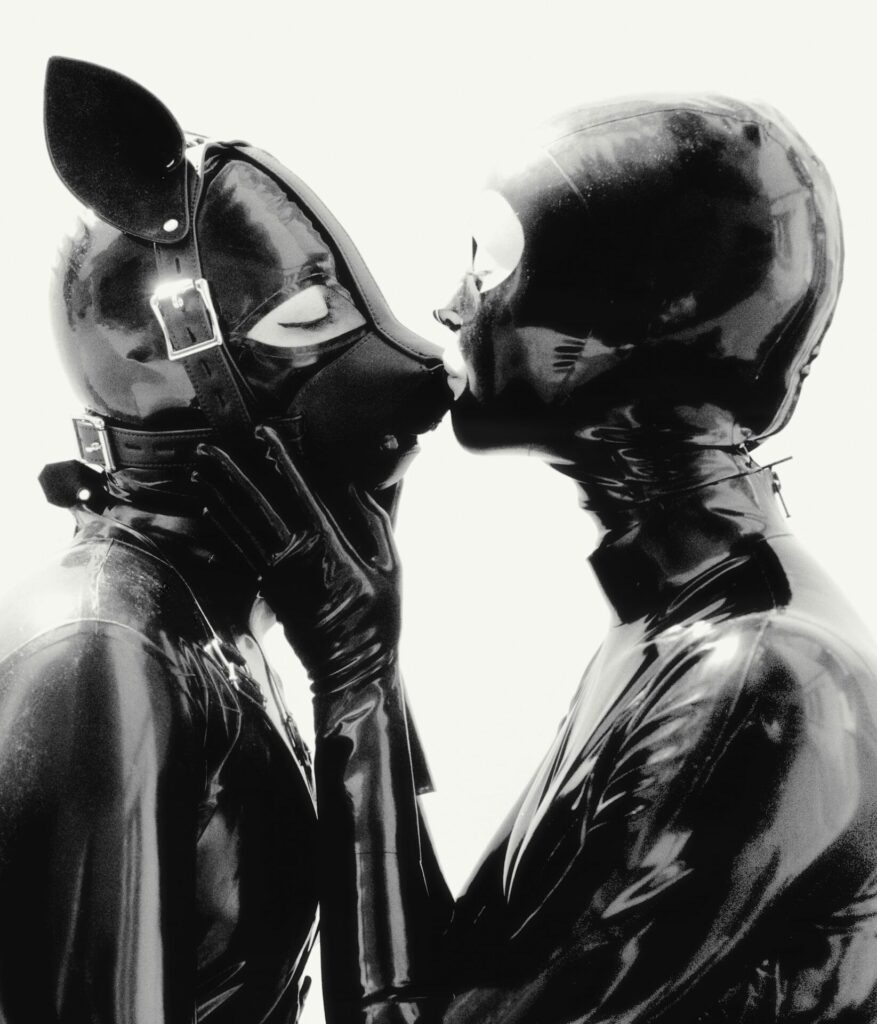
Take a look at the (not entirely SFW) portraits on display this year by clicking here.
Body Movements encourages London’s diverse queer communities to mix. Saoirse wanted people who might not necessarily meet on a night out to mingle. Through her work as a DJ, she knew a range of queer collectives and had formed working relationships, creating a sense of trust that the intentions behind creating the festival were positive. “There can be questions with authenticity when creating queer events,” she says. “There’s so much commodification of queer culture now. It helped that people knew we didn’t have a history of doing that.” Saoirse underscores her appreciation for this trust, saying that without the collectives, the festival wouldn’t exist.
Body Movements is a passion project: it doesn’t make the organisers or performers very much money. “Artists we featured that are internationally known and globally touring took a chance, playing for not as much money as usual,” says Saoirse. “They really liked what we were trying to do. We’re lucky to have that trust from people. It means our audiences will experience something they love. The quality is guaranteed.”
“There are so many different vulnerabilities within the queer community”
After Body Movements’ first year, Saoirse said they realised they had created something special. The festival was a space run by the community, and for the community. She explained the founders realised their roles as facilitators. “It’s something really delicate,” she explains. “There are so many different vulnerabilities within the queer community. We have a duty of care to make sure we don’t fuck it up, basically.”
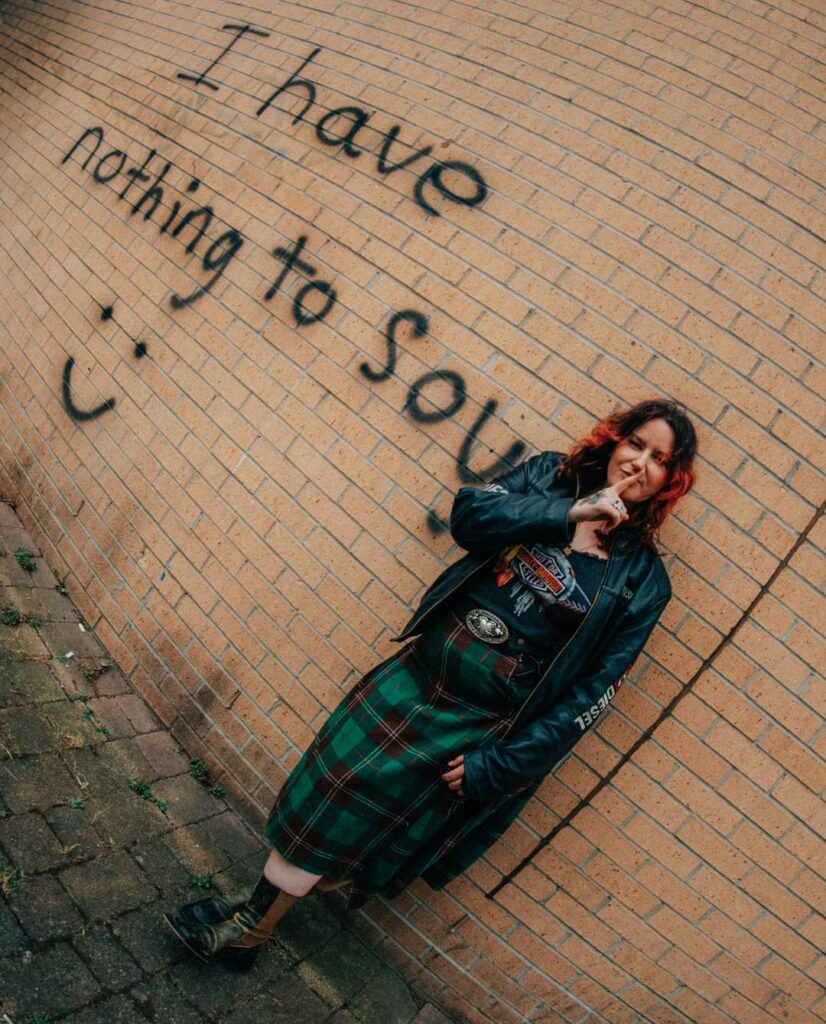
Wanting to bring people along with their success, Body Movements’ founders curated an emerging artists programme. DJs and performers would submit their work, meaning Saoirse listened to over 300 mixes, before choosing around 12 artists to be featured. “Some of them did their first festival gig at Body Movements, and they still play with us,” she says. “We’ve developed a little family, you know. It’s been really great. I wish there was a group welcoming people in when I was coming through the industry.”
Looking to the future, Saoirse wants Body Movements to make enough money to be sustainable. She hopes that it will become a destination festival. Saoirse wants people to look to Body Movements internationally, and for it to be a must-do in the queer calendar.
“Whether you’re trying to educate yourself, or be immersed in the scene, we want to become a hub for that”
Something she hopes will aid growth will be moving from a multi-venue party across Hackney Wick, to a single site at Southwark Park. This decision was made so more ownership could be taken in the overall festival production. “When we had it at Hackney Wick, it’s harder to see the vibe — it’s split between venues,” she says. “If you’re looking at it from the outside, you might not gauge the scale of the event.” Having the festival at Southwark Park means that Saoirse and the other founders can really achieve their vision for Body Movements and make it their own. The lighting, stage design and overall stage production can evolve.
The goal is for Body Movements to become a queer electronic music summit. This will be achieved through enriching the current discussion panel and workshop programme. Saoirse wants to evolve this further, so the festival best represents the contemporary queer electronic music scene. “Whether you’re trying to educate yourself, or be immersed in the scene, we want to become a hub for that. It takes a huge amount of resources, and we’re only a small team,” she says of her ambitions. “But these are our dreams, and what we’re working hard to achieve.”
Body Movements is at Southwark Park on 25 August; bodymovements.co.uk
